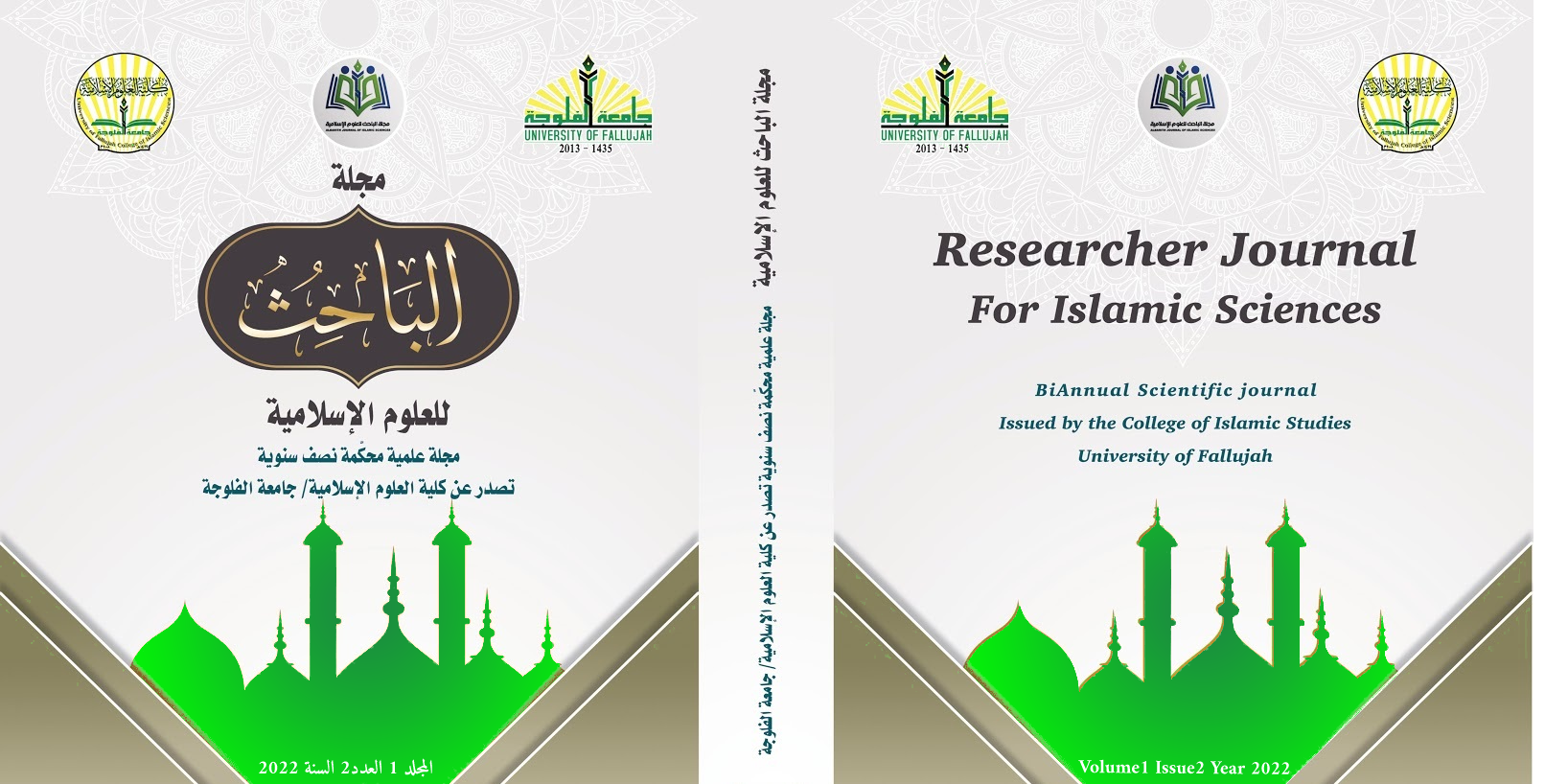النبر في ألفاظ أدوات المنزل في النص القرآني الأبواب والسقف انموذجا
الملخص
عندما يصادر حق علمائنا الأوائل وتنسب لهم التهم بعدم معرفتهم ببعض ما هو من طبيعة كلامهم وجب علينا أن نقف لوضع النقاط فوق الحروف كي تتضح الحقائق الدلالية بالقراءة الفاحصة في الكتب. هذا بحث تطبيقي لنظرية حاول بعض المحدثين نسفها عن القدماء ألا وهي نظرية (النبر) التي تقوم على مبدأ زيادة ضغط الهواء والتركيز على المقطع التي هي من طبائع العرب والإشارات إليها كثيرة من سيبويه منطلقها و وسعت لدى ابن جني بمصطلحات مرادفة مثل(همز الذكر والتطويح). فقد قام هذا البحث على أساس منهجي اقتضى أن يكون في جانبين: اشتمل الجانب النظري على تعريف النبر لغة واصطلاحا، و النبر في نظر اللغويين(القدماء والمحدثين)،أنواع النبر. والثاني: تضمن دراسة تطبيقية على بعض ألفاظ أدوات المنزل في القرآن الكريم نحو (الأبواب و السقف) فقد تم انتخاب هاتين اللفظتين لتبيين الدور الذي يؤديه النبر في سياق الآية.
الكلمات المفتاحية:
تعريف النبر لغة واصطلاحا، أراء المستشرقين في النبر، ضروب النبر.التنزيلات
منشور
كيفية الاقتباس
إصدار
القسم
الرخصة
الحقوق الفكرية (c) 2022 مجلة الباحث للعلوم الإسلامية

هذا العمل مرخص بموجب Creative Commons Attribution-NonCommercial-NoDerivatives 4.0 International License.
تجربة






